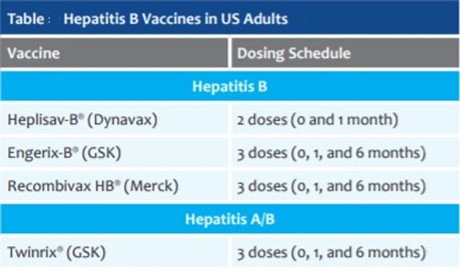An 86-year-old resident in an extended care facility will not leave her room until her hair is combed, her lipstick is on, and she is well groomed.
The resident is sociable and completely independent, but it is lunchtime before she is ready to leave her room.
Which plan should a nurse make regarding breakfast for this client?
Omit her breakfast.
Serve her breakfast in her room.
Get her up early enough to be ready for breakfast.
Have her go to breakfast regardless of the state of her grooming.
The Correct Answer is B
This is because the resident is independent and sociable, and has the right to choose her own grooming preferences.
Serving her breakfast in her room will respect her autonomy and dignity, and prevent her from missing a meal.
Choice A is wrong because omitting her breakfast will deprive her of nutrition and hydration, and may cause health problems.
It will also violate her rights as a resident.
Choice C is wrong because getting her up early enough to be ready for breakfast will disrupt her sleep cycle and may cause fatigue or stress.
It will also impose the nurse’s values on the resident, and disregard her preferences.
Choice D is wrong because having her go to breakfast regardless of the state of her grooming will embarrass her and lower her self-esteem.
It will also disrespect her culture and values, and may affect her social interactions.
Nursing Test Bank
Naxlex Comprehensive Predictor Exams
Related Questions
Correct Answer is B
Explanation
.“I need to receive 3 doses of hepatitis B vaccination to assure protection.” This statement indicates that the person understands that hepatitis B is a serious infection that can be prevented by vaccination.
Hepatitis B vaccine is given as a series of 3 shots over a period of 6 months.

Choice A is wrong because hepatitis A is not usually transmitted through unprotected sex, but through ingestion of contaminated food or water or direct contact with an infected person.
Hepatitis A can also be prevented by vaccination.
Choice C is wrong because hepatitis C can be transmitted through IV drug use, as well as blood transfusions, organ transplants, needlestick injuries, and sharing personal items such as razors or toothbrushes with an infected person.
Hepatitis C can cause chronic liver disease and there is no vaccine for it.
Choice D is wrong because there is a vaccine for hepatitis A, which can provide lifelong protection against the infection.
Hepatitis A usually does not require treatment and most people recover completely within a few weeks. There is no specific medication to cure hepatitis
Correct Answer is B
Explanation
Gently pull the auricle up and back before instilling the drops. This technique straightens the auditory canal and allows the drops to reach the eardrum.
It also prevents contamination of the ear canal by the finger.
Choice A is wrong because pulling the auditory canal down and toward the front is the proper method for children, not adults.
This technique is used for children because their auditory canal is shorter and more curved than adults.
Choice C is wrong because lowering the head and taking a deep breath during the instillation has no effect on the administration of otic drops.
It may also cause discomfort or dizziness for the client.
Choice D is wrong because wearing sterile gloves and inserting one finger in the canal is unnecessary and potentially harmful.
It may introduce bacteria or damage the ear canal or eardrum.
Whether you are a student looking to ace your exams or a practicing nurse seeking to enhance your expertise , our nursing education contents will empower you with the confidence and competence to make a difference in the lives of patients and become a respected leader in the healthcare field.
Visit Naxlex, invest in your future and unlock endless possibilities with our unparalleled nursing education contents today
Report Wrong Answer on the Current Question
Do you disagree with the answer? If yes, what is your expected answer? Explain.
Kindly be descriptive with the issue you are facing.
